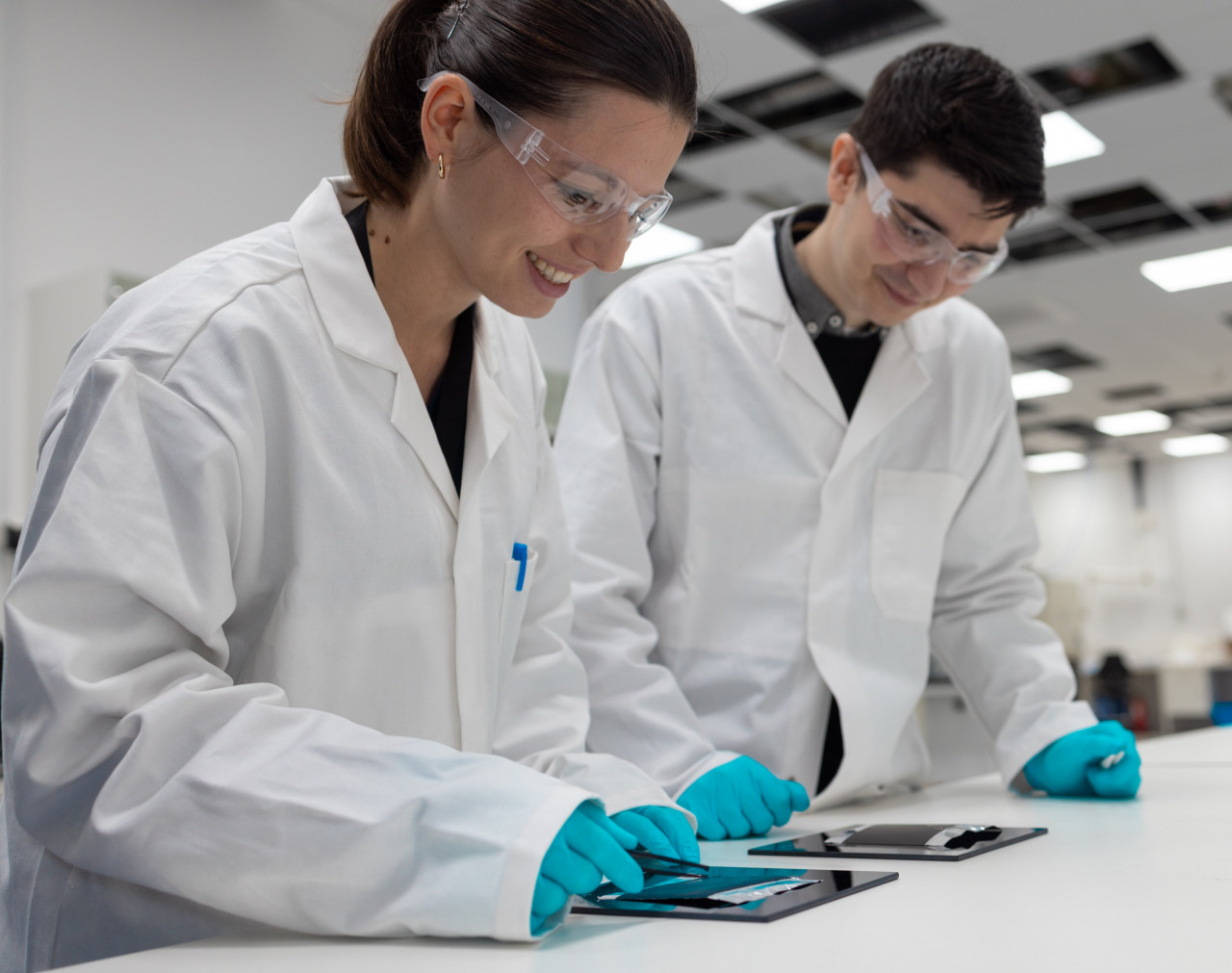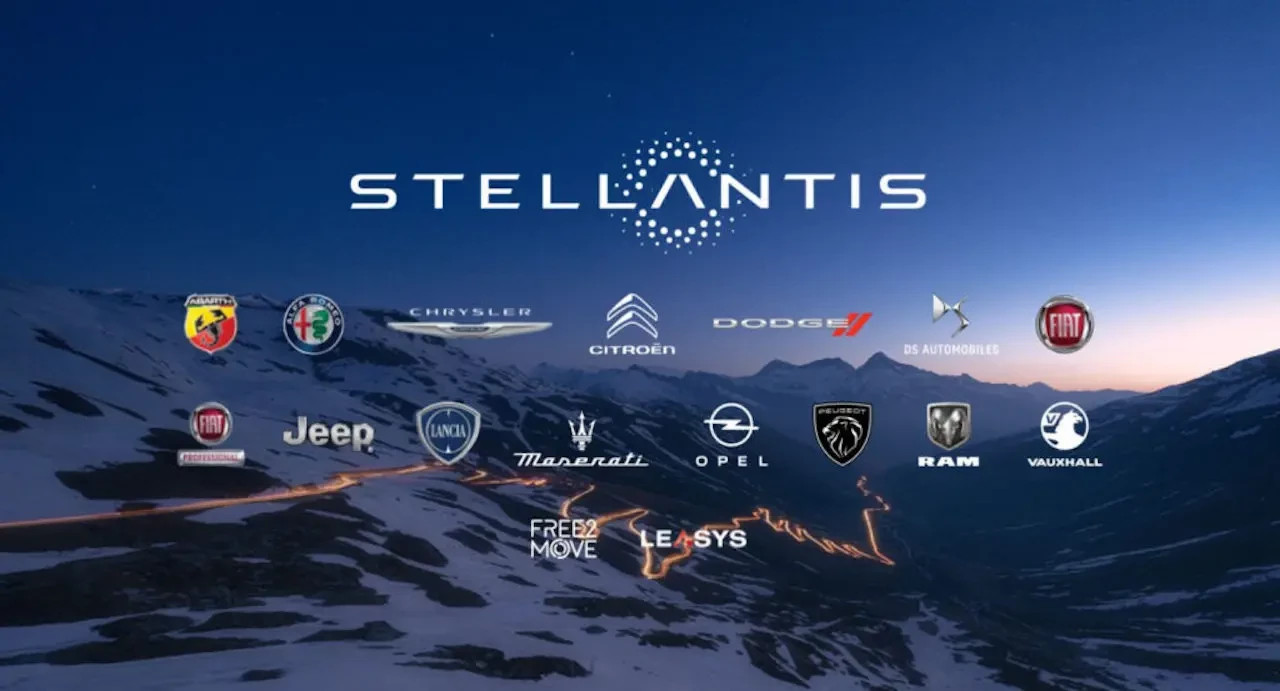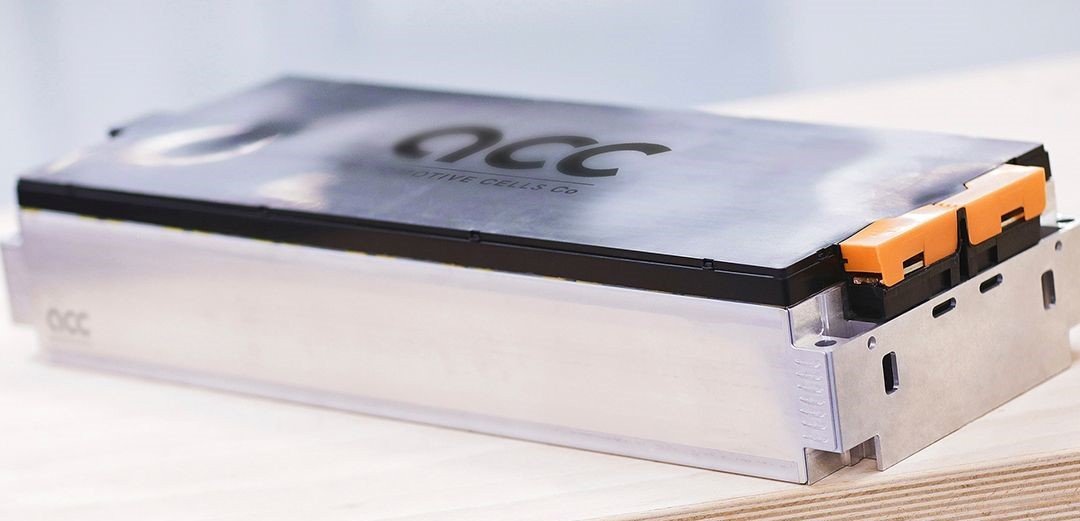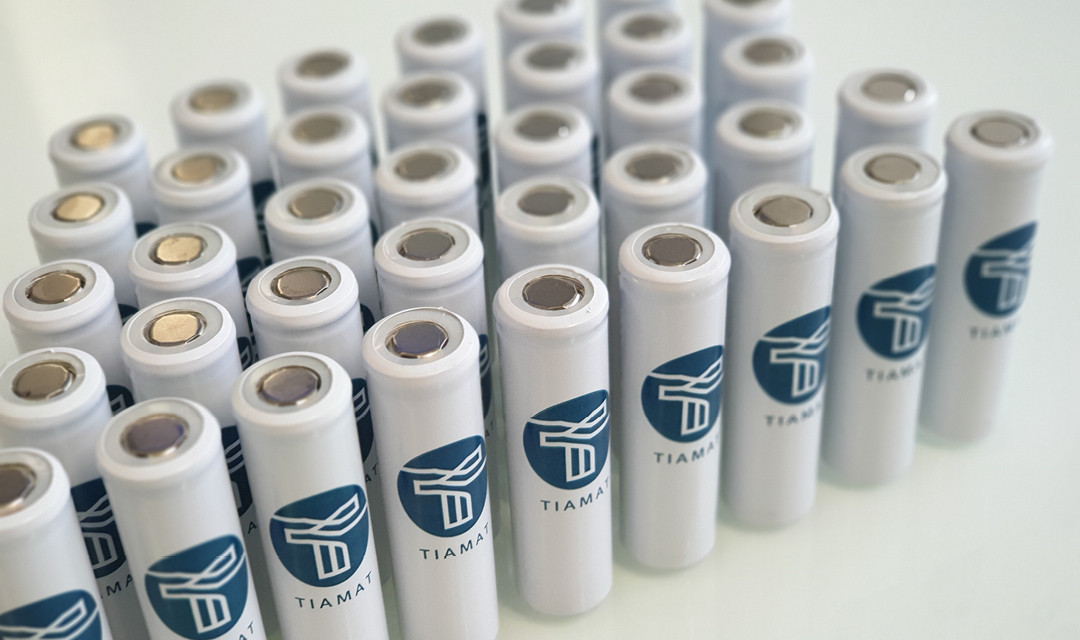The corporate venture fund of automaker Stellantis has recently made a strategic investment on a France-based company 'Tiamat' that is developing and commercializing sodium-ion battery technology. The startup was previously honored as one of 11 top-performing technology start-ups by Stellantis Ventures last year.
Tiamat, a spin-off of the French National Centre for Scientific Research (CNRS), is claimed as the first company in the world to have commercialized a sodium-ion technology in an electrified product.
Sodium-ion technology offers a lower cost per kWh, and is free of lithium and cobalt. Abundantly available sodium offers benefits in increased sustainability and material sovereignty, according to Stellantis.

Northvolt adds sodium-ion batteries to its portfolio
The battery company will use the investment to kick-start the construction of a sodium-ion battery plant in France for power tools and stationary storage applications to start with, with aims to scale-up production of second-generation products for BEV applications.
The investment supports the automaker' mission to provide clean and affordable mobility to customers around the world. Sodium-ion technology holds the promise of a more cost-effective energy storage compared with today's widely used lithium-ion battery technology, the company adds.
"Exploring new options for more sustainable and affordable batteries that use widely available raw materials is a key part of our ambitions of the Dare Forward 2030 strategic plan that will see us reach carbon net zero by 2038," said Ned Curic, Stellantis Chief Engineering and Technology Officer.

Stellantis, CATL sign agreement over LFP batteries, explore joint venture
"Our customers are asking for emissions-free vehicles that offer a combination of robust driving range, performance and affordability. This is our North Star, as Stellantis and its partners work today to develop ground-breaking technologies for the future", he added.
Under its 'Dare Forward 2030' strategic plan that aspires a 100 percent BEV sales mix in Europe and 50 percent passenger car and light-duty truck BEV sales mix in the United States by 2030, Stellantis is securing approximately 400 GWh of battery capacity.
The automaker has secured supplies of EV raw materials through 2027 by signing key agreements around the world. Stellantis is also investing in the development of alternative technologies for energy storage, including solid-state batteries with Factorial Energy and lithium-sulfur chemistry with Lyten Inc., apart from sodium-ion technology with Tiamat.

ACC's first battery gigafactory in France to be operational by end of 2023
Read More

